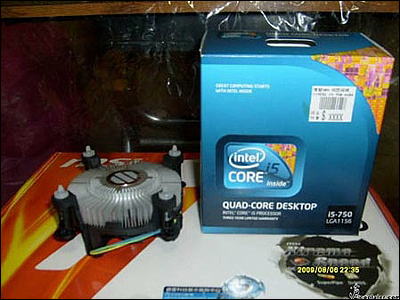Russian chipmakers banned access to Arm architecture by British government

On May 4, 2022, the British Government released a new list of economic sanctions against 63 Russian organizations. Among them, Russian semiconductor companies
Notice_Russia_040522_1.pdf
chrome-extension: //mhjfbmdgcfjbbpaeojofohoefgiehjai/index.html
UK sanctions Russian microprocessor makers, banning them from ARM
https://www.bleepingcomputer.com/news/technology/uk-sanctions-russian-microprocessor-makers-banning-them-from-arm/
The British government said, 'This sanctions provision aims to encourage Russia to stop destabilizing Ukraine's political situation and weakening or threatening Ukraine's territory, sovereignty and independence. I am. '
Among the products offered in Russia by Baikal Electronics and MCST at the time of writing the article, the main processors are as follows. Russian companies and organizations that have tested on demanding applications have reported that 'these chips cannot compete with industry-standard products,' with some saying they are unacceptable.
-Baikal BE-M1000 : Cortex A57 x 8 cores + Mali-T628 (GPU), clock 1.5GHz, 35W, TSMC 28nm process
-Baikal BE-S1000 : Cortex A75 x 48 core, clock 2.0GHz, 70W, TSMC 16nm process
-MCST Elbrus-8C : CPU8 core, clock 1.3GHz, TDP70W, TSMC 28nm process
-MCST Elbrus-16S : CPU 16 cores, clock 16GHz, TSMC 16nm process
Processors developed by Baikal Electoronics and MCST are produced by foreign foundries such as Samsung and TSMC, but Samsung and TSMC have suspended transactions with Russian companies due to economic sanctions. Many of the processors are designed based on the TSMC manufacturing process, which makes it extremely difficult to produce in Russia.

by Artem Baikal
And since many of the above major processors have adopted the Arm architecture designed and licensed by the British company Arm, economic sanctions prohibit access to the Arm architecture. The design of new processors will also be tougher.
Russia's chip production is completely outdated, and at the time of writing the article, production in the 90nm node process is barely possible. This is almost the same technology as the GeForce 7000 series released by NVIDIA around 2006.
In April 2022, the Russian government approved an investment of 3.19 trillion rubles (about 6 trillion yen) in the semiconductor development industry to solve this problem, but the investment was actually made and local production was strengthened. It will take many years before it is done. Bleeping Computer, an IT news site, predicts that the most optimistic foundries in Russia will be able to produce 28nm node chips around 2030.

Related Posts:
in Hardware, Posted by log1i_yk







